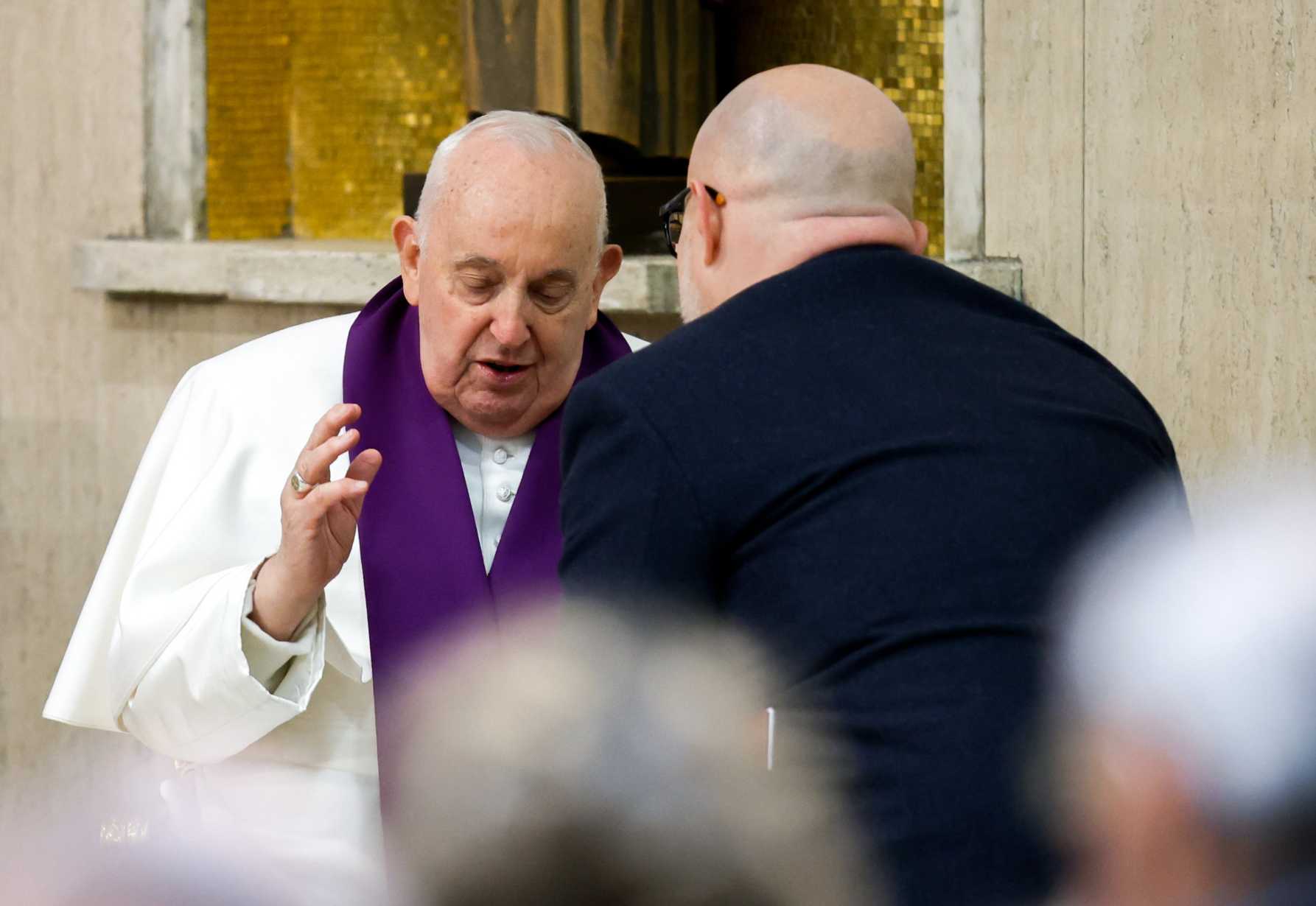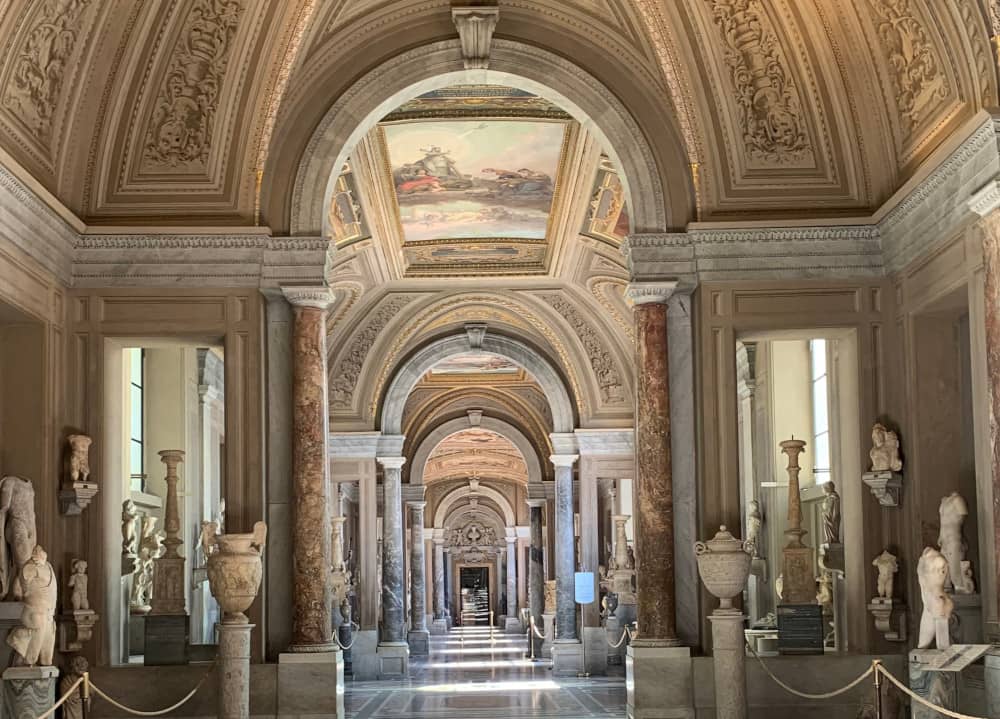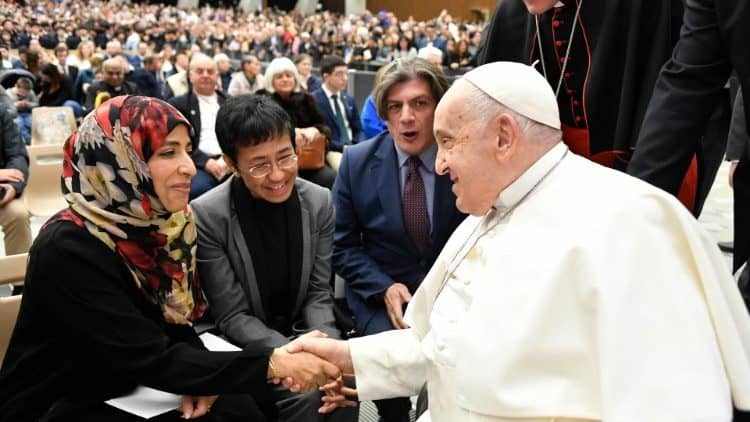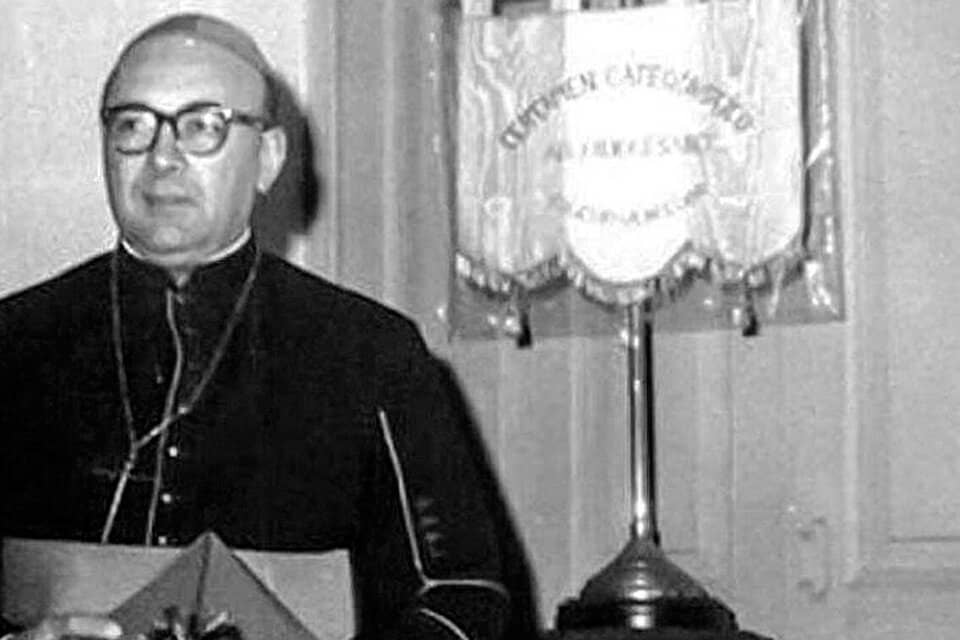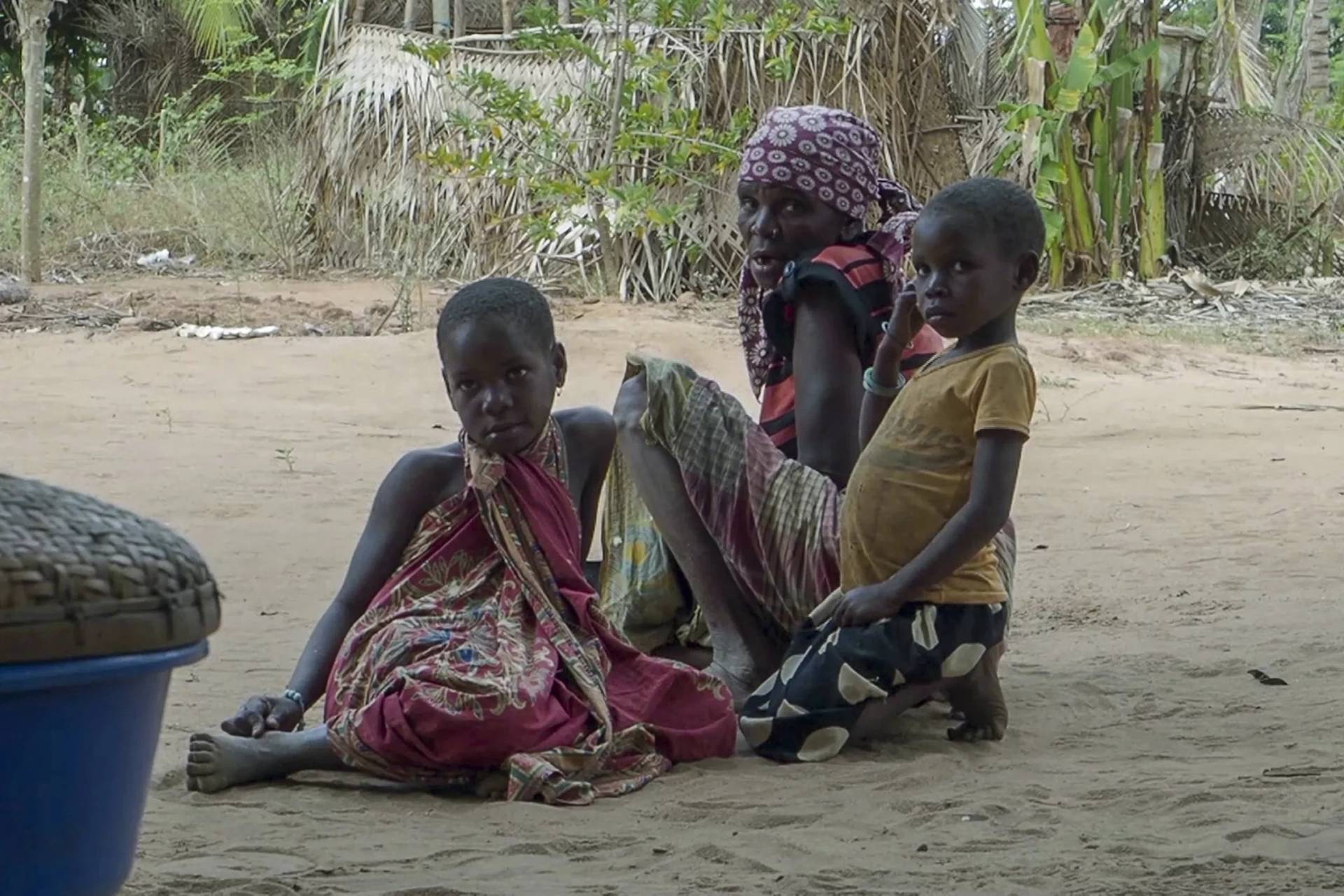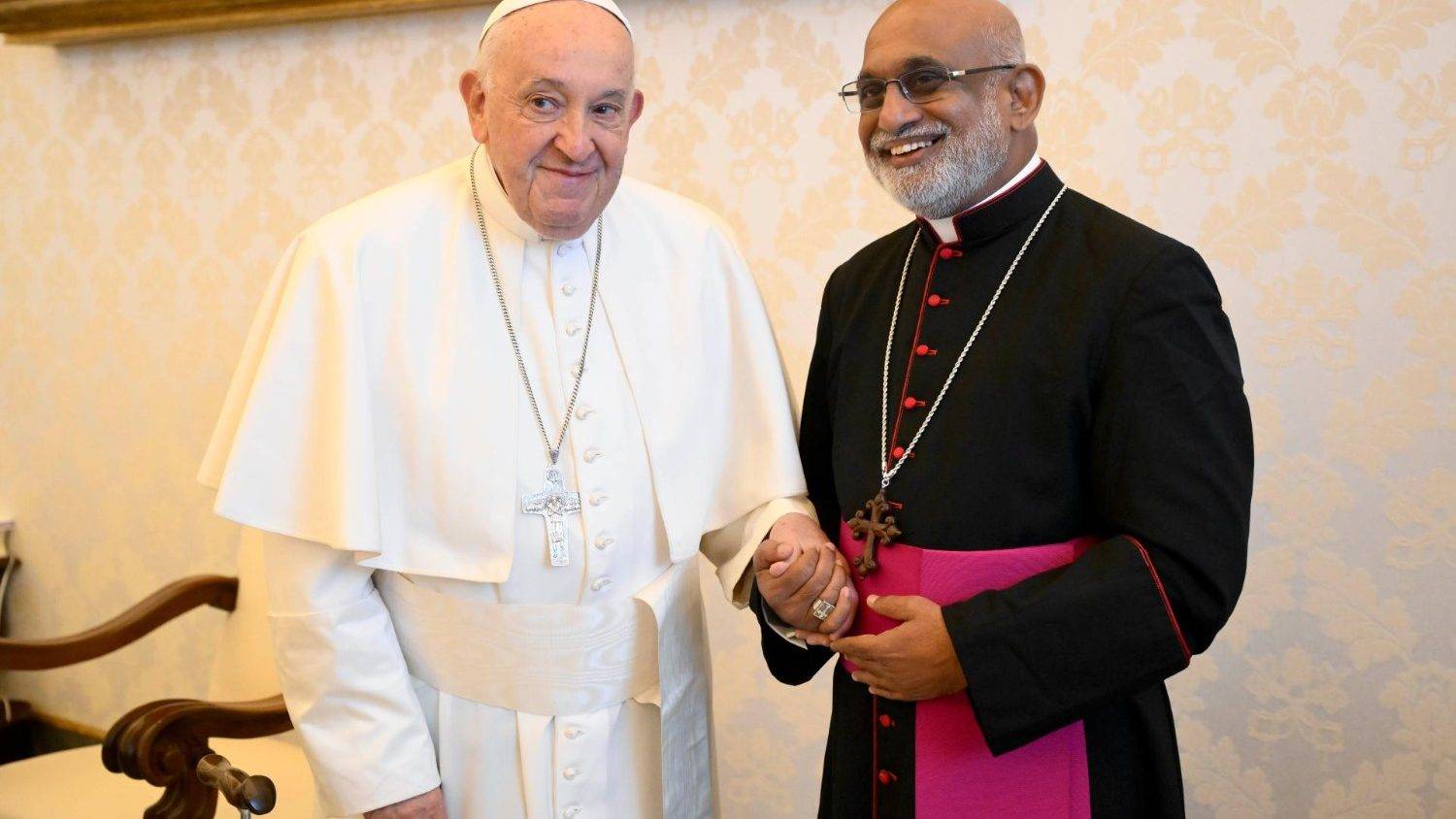ROME – In a wide-ranging interview, Pope Francis’s top diplomat said a recent vote by the European Parliament to style abortion as a fundamental right constitutes a “radical attack” on human life.
“When life is attacked in such a radical way, you truly have to ask what kind of future we want to build,” said Italian Cardinal Pietro Parolin, the Vatican’s Secretary of State, adding that the situation has produced “great sadness in the depths of my heart.”
The comments came ahead of June elections for the European Parliament, when abortion rights are expected to be among the voting issues.
On other fronts, Parolin said there’s “great movement” towards an exchange of prisoners between Russia and Ukraine, and confirmed the Vatican’s willingness to act as a mediator in that war, in the Middle East, and wherever else conflicts are underway.
Parolin, 69, spoke in an interview with Avvenire, the official newspaper of the Italian bishops; conference, while in Rimini for a national convention of Renewal in the Spirit, Italy’s leading Catholic charismatic movement.
Looking forward to the European elections, Parolin was asked about the parliament’s April 11 vote to include abortion among the fundamental rights recognized by the EU Charter.
It was considered largely a symbolic result, given that amending the charter would require the consent of all 27 member states and both Poland and Malta have already indicated that they won’t approve the change. Nevertheless, the result was fairly overwhelming, with 336 votes in favor, 163 against and 39 abstentions, and came with the backing of French President Emmanuel Macron.
Parolin expressed bitterness at the move.
“When life is attacked in such a radical way, you truly have to ask what kind of future we want to build. I feel a great sadness in the depths of my heart, and I don’t even have the words to express it adequately,” he said.
“I repeat, I feel extremely sad facing this way of approaching the situation. How can we think that abortion is a right? That it can assure a future to our society?” Parolin asked.
“I don’t understand,” he said. “I truly don’t understand.”
With regard to Russia and Ukraine, Pope Francis used his Easter Urbi et Orbi address to appeal for a comprehensive prisoner exchange. Parolin said he believes the pope’s call has had an effect.
“I don’t have precise information, but from what I’ve heard there’s been a lot of movement in this direction,” Parolin said. “The appeal of the pope, therefore, was heard and followed up.”
“We take it as a positive sign, because we believe that the project undertaken last year by Cardinal Matteo Zuppi in the course of the mission given him by the pope had great value.”
Parolin’s reference was to trips taken last year to Kyiv, Moscow, Washington and Beijing by Cardinal Matteo Zuppi of Bologna, president of the Italian bishops’ conference, at the pope’s behest, in an effort to open channels of dialogue.
“Naturally, we think that concentrating on the humanitarian aspects – regarding both the prisoners and also the children – can create the conditions for arriving at negotiations, we hope, for the end of the war,” Parolin said.
He also indicated that Zuppi’s mission may not be concluded.
“I don’t believe it’s over, in the sense that he helped put in place a mechanism for the exchange of children,” Parolin said. “The mission was concentrated fundamentally on this aspect, but it remains open to whatever development might present itself.”
On the war in Gaza, Parolin reaffirmed the Vatican’s longstanding support for a two-state solution to the Israeli/Palestinian conflict.
“The Holy See has contacts at various levels. We’re moving on the diplomatic level to try to find an exit strategy. Certainly, the situation is extremely complicated,” he said.
“But it seems to me that there can be, in fact, that there are solutions. When we think of the two-state formula, there’s a concrete proposal towards which we should move,” Parolin said. “Maybe this can help find a definitive solution. Certainly, the first thing is to end the hostilities and assure at least a truce.”
Parolin also reiterated the Vatican’s willingness to act as a mediator, should its help be requested.
“We’ve always said, in every possible situation, that where the parties believe the Holy See could be useful, that her presence would be welcomed, we are and will remain available,” he said.
“I’d like to recall, for example, what the pope said at the beginning of the war between Russia and Ukraine, more than two years ago, explicitly offering the mediation of the Holy See. That availability is valid in all contexts of war,” Parolin said.







